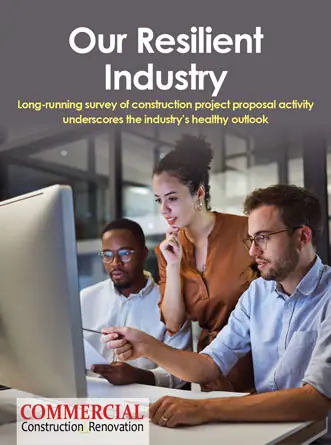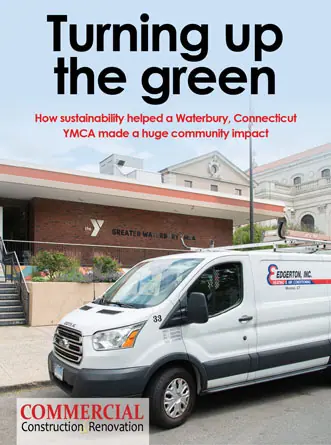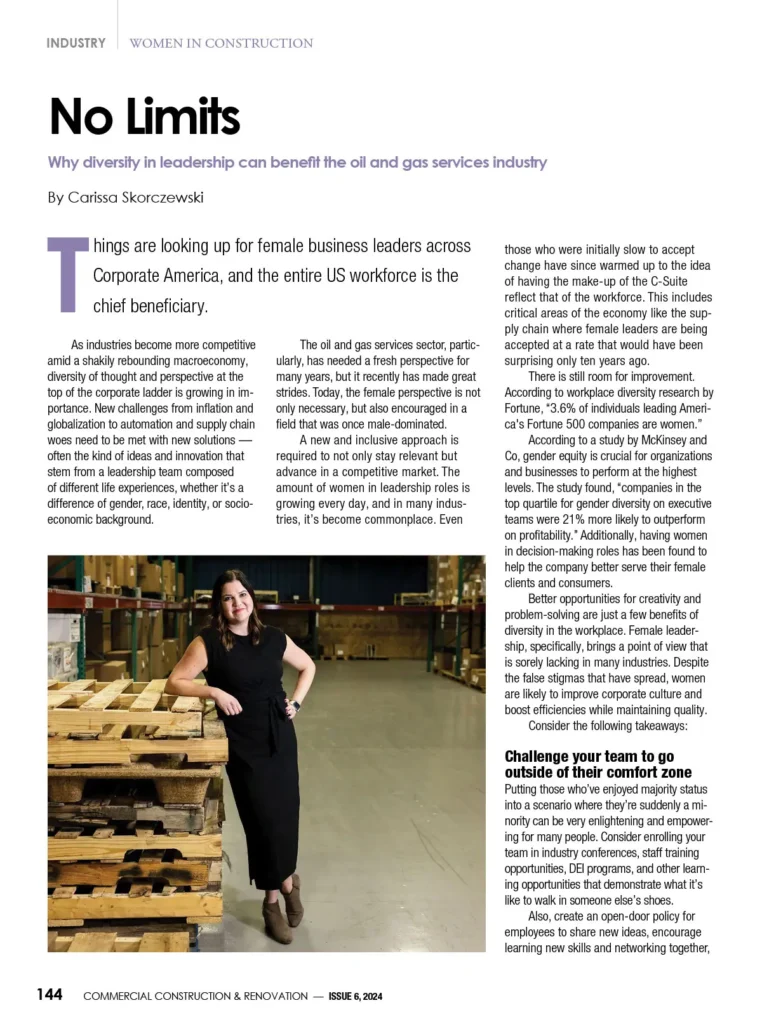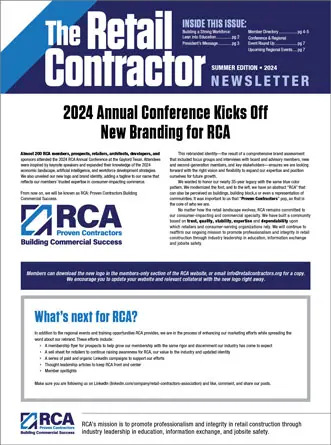Epoxy is a great way to bond different materials together, and it can be used for a variety of projects. It is durable and long-lasting, making it the perfect choice for many applications.
In this article, we will explore some of the ways epoxy can be used, and we will discuss its benefits.
Understanding Epoxy
Epoxy resin glue is a two-part adhesive that creates a strong and durable bond. It can be used for a variety of projects, including bonding metal, glass, wood, and concrete.
Epoxy is also resistant to heat, cold, and moisture. This makes it an ideal choice for outdoor projects or for projects that will be exposed to harsh conditions.
Epoxy is available in a variety of colors, so it can be matched to the project’s needs. It can also be mixed with other substances, such as paint, to create a unique look.
Epoxy is easy to use and cures quickly, so it is ideal for projects that need to be completed in a timely manner.
Using Epoxy
There are a few things to keep in mind when using epoxy. First, it is important to work in a well-ventilated area, as the fumes from the epoxy can be harmful. It is also important to wear gloves and protective eyewear when working with epoxy, as it can cause skin and eye irritation.
When choosing an epoxy for your project, it is important to consider the type of project you are working on, as well as the conditions it will be exposed to. There are different formulas of epoxy that are better suited for different applications.
For example, there are epoxies that are designed for use in extreme temperatures, as well as those that are more flexible and can be used on a variety of surfaces. It is important to read the labels of the products you are considering making sure they will work for your specific project.
Types of Epoxy
There are many different types of epoxies, and the best one for your project will depend on a variety of factors. Here are some things to consider when choosing an epoxy:
- The surface you will be applying it to:
Not all surfaces are created equal, and some will require a specific type of epoxy in order to be properly adhered to.
- The environment it will be in:
Different epoxies are better suited for different environments. For example, if you need an epoxy that can withstand high temperatures, you will want to choose one that is specifically designed for this purpose.
- The amount of time you have:
Some epoxies require a longer curing time than others. If you are working on a project with a tight timeline, be sure to choose an epoxy that will be ready to use in the timeframe you have available.
Once you have chosen the right epoxy for your project, it is important to prepare the surface you will be applying it to. This ensures that the epoxy will adhere properly and last for many years to come. Here are some tips for preparing your surface:
- Clean the surface:
This seems like a no-brainer, but it is important to make sure that the surface you are applying the epoxy to is free of dirt, dust, and other debris. A clean surface will allow the epoxy to bond more easily and produce a better finished product.
- Rough up the surface:
In order for the epoxy to adhere properly, it is important to create a surface that is slightly rough. This can be accomplished by sanding the surface or using a solvent such as acetone.
- Apply a primer:
This step is not always necessary, but if you are working with a particularly difficult surface, it can help the epoxy to bond more easily.
There are several project areas where epoxy can be used, some of which are:
Commercial Kitchens
Commercial kitchen renovations can be a daunting task. The right type of epoxy can make the process much easier. Here is a look at the best type of epoxy to use for this type of project.
For a commercial kitchen renovation, it is important to choose an epoxy that is durable and will stand up to the rigors of daily use.
For a countertop that will see a lot of wear and tear, you need an epoxy that is tough and durable. This means choosing an epoxy resin that is specifically designed for countertops.
Phenolic resin epoxy is one of the most durable types of epoxies on the market. This type of epoxy is often used in industrial settings because it can withstand high temperatures and heavy use.
Phenolic resin epoxy is also resistant to chemicals, making it a good choice for commercial kitchens that use harsh cleaning chemicals on a regular basis.
Another type of epoxy that is well-suited for commercial kitchen renovations is polyurethane epoxy. This type of epoxy is highly resistant to abrasion and wear, making it ideal for high-traffic areas.
Polyurethane epoxy is also moisture-resistant, so it will not break down in the presence of water or steam.
No matter what type of commercial kitchen renovation you are undertaking, the right type of epoxy can make the process much easier.
Phenolic resin epoxy and polyurethane epoxy are two of the most durable and long-lasting types of epoxies on the market, so they are sure to stand up to the challenges of your renovation project.
Industrial Floors
One common application of epoxy is for industrial floor installations. Epoxy provides a tough, long-lasting surface that is resistant to chemicals and other harsh elements. It can also be customized to create a decorative finish that compliments the space.
Epoxy flooring is a popular choice for industrial settings because it can withstand heavy traffic and equipment. It is also easy to clean and maintain. Epoxy floors can last for many years with proper care.
If you are considering epoxy flooring for your industrial space, contact a professional installer to get started. They will be able to advise you on the best type of epoxy and how to prepare your floor for installation.
Structural Engineering
Epoxy being a versatile material, can be used in a variety of ways for structural engineering projects.
It is often used to bond two materials together, creating a strong and durable bond. Epoxy can also be used to fill gaps and cracks, providing extra strength and stability to the structure namely:
- Bonding reinforcing bars to concrete
- Filling cracks and gaps in concrete
- Coating metal structures to protect against corrosion
- Bonding dissimilar materials together
- Strengthening concrete structures
In addition, epoxy can be applied as a coating, providing protection against the elements and extending the lifespan of the structure.
When used in conjunction with other materials, epoxy can create a strong, durable, and long-lasting structure that will withstand the test of time.
Epoxy is a great choice for a variety of projects, due to its strength and durability. It is important to choose the right formula for your project, and to follow the manufacturer’s instructions carefully.
With a little care and attention, epoxy can be a great solution for your next project.







 The 2024 virtual Men’s Round Table will be held Q4, 2024, date TBD.
The 2024 virtual Men’s Round Table will be held Q4, 2024, date TBD.












